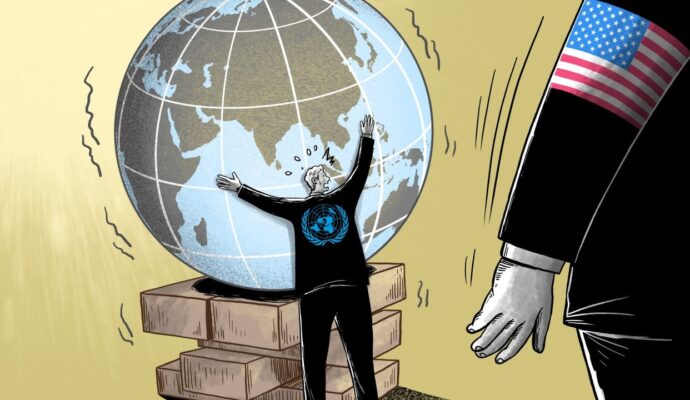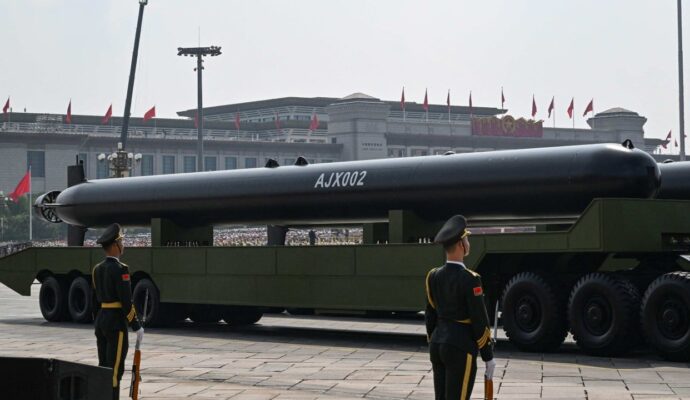“We appeal to China to support the extension of the deal and talk to Russia. China, which is also a food importer and recipient of Ukrainian grain, can contribute to stabilise the global food market.”
Igor Osmachko, chief executive officer of Agroprosperis Group, a major crop producer and exporter in the Black Sea region, also called on Beijing to help break the stalemate.
“We hope the Chinese government will lobby for prolongation of the grain initiative to continue exports of Ukrainian crops to China and prevent food inflation in China and the world,” Osmachko said.
“Also, we are asking to certify Ukrainian exports to China through the Constanta port [in Romania]. This certification will add an additional export route in case the grain initiative is delayed.”
Failure to renew the deal, which was brokered by the UN and Turkey in July last year, will force China to turn to more expensive sources to fill the gap in corn – an important food for its citizens and one that is used to make cooking oil and animal feed – warned a Beijing-based analyst.
“Ukraine has been the cheapest source as we have mature infrastructure there, mainly developed by state-owned food giant Cofco over the past decade,” said Ma Wenfeng, a senior analyst with Beijing Orient Agribusiness Consultant.
“Without imports from Ukraine, prices in the domestic market will rise. And China needs to get more from Brazil and other traditional partners such as the US, Canada and Australia.”

